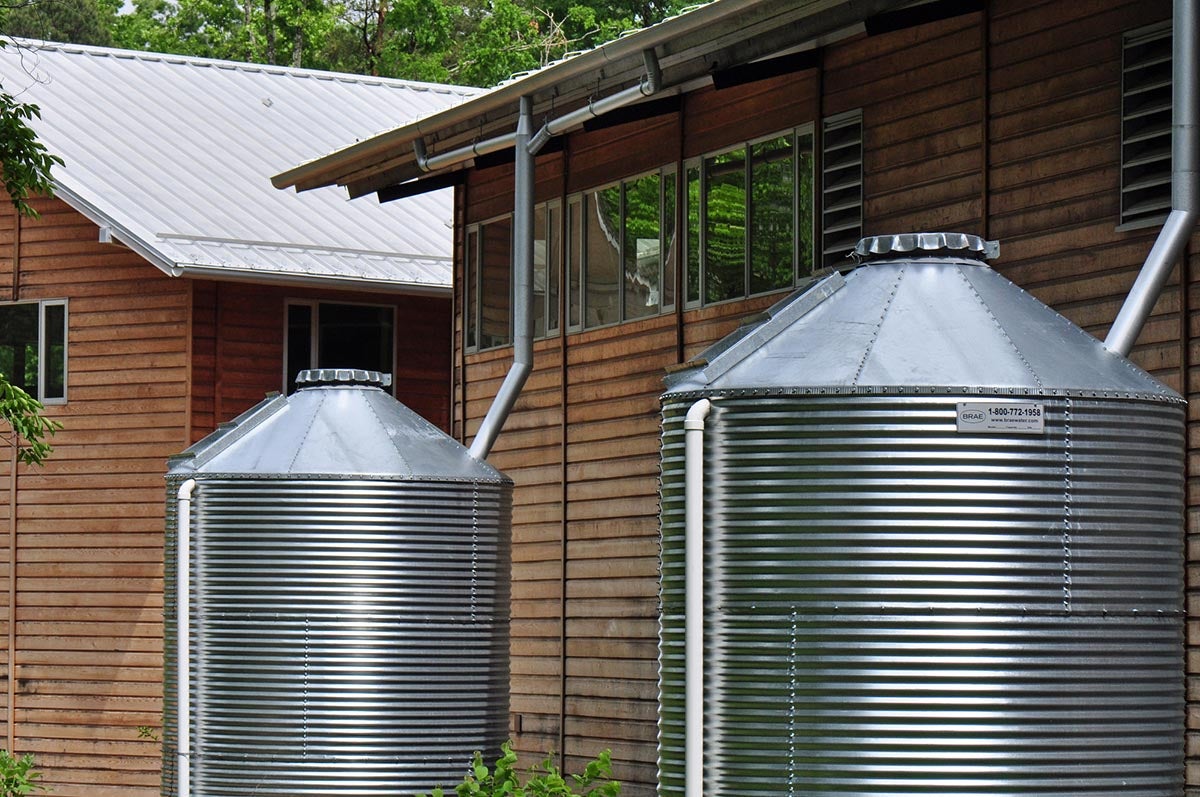(Transatlantic Today) – Have you ever wondered about the art of rainwater harvesting? Sometimes the question may arise in your mind. Is it illegal to collect rainwater in Texas? It’s a fantastic technique that involves collecting rainwater for various beneficial uses. The process is surprisingly simple and environmentally friendly, making it a popular choice for sustainable water management. Let’s delve into the wonders of rainwater harvesting, its historical significance, and why it’s gaining renewed interest in today’s world.
Rainwater harvesting revolves around capturing rainwater and putting it to good use. The most common approach involves collecting rainwater from rooftops and storing it in special containers, like rain barrels or catchment tanks. Once stored, this precious resource can be used for a multitude of purposes, making it a valuable asset for any eco-conscious individual or community.
A Walk Through the Historical Lanes
Rainwater harvesting isn’t a modern concept by any means. In the days of yore, before the advent of public water utilities, many American households relied on rainwater harvesting as their primary water source. It was a sustainable and efficient method of gathering water for various needs. However, with the development of extensive water treatment and distribution systems, the practice slowly lost its appeal. Modern conveniences led to a decline in rainwater harvesting as people turned to these more easily accessible water sources.
The Revival of Rainwater Harvesting
Fast forward to the present, and we witness a captivating revival of this ancient technique. Why the resurgence, you might ask? There are several compelling reasons for the renewed interest in rainwater harvesting:
- The Water is Free: Nature generously provides us with rainwater without charging a penny. By harnessing this natural bounty, we can reduce our reliance on expensive water sources, which helps cut down utility bills
- Sustainable Gardening: Harvested rainwater is a boon for gardeners and plant enthusiasts. It’s free from harsh chemicals found in tap water, making it a healthier option for watering container plants, landscapes, and gardens
- Protecting the Environment: Rainwater harvesting is a proactive approach to reducing the flow of rainwater into stormwater drains. This, in turn, helps mitigate the risk of flooding and minimizes the pollution of streams and rivers caused by excessive runoff
Is it Illegal to Collect Rainwater in Texas?
Now, let’s address a commonly asked question: “Is it illegal to collect rainwater in Texas?” The good news is a resounding NO! Texas has laws in place that support and encourage rainwater harvesting. So, if you’re a Texan considering the practice, you have the law on your side.
Rainwater harvesting has gained substantial momentum in recent years in Texas and many other states. The government and environmental organizations recognize its value in sustainable water management and applaud the citizens who embrace this eco-friendly method.
As a result, there are even tax incentives to further motivate individuals and communities to engage in rainwater harvesting.
In Conclusion: Is It Illegal To Collect Rainwater In Texas
The practice of rainwater harvesting is a wonderful way to make a positive impact on both your wallet and the environment. It’s an age-old technique with a modern twist that empowers individuals to sustainably take charge of their water supply. With Texas and other states actively supporting rainwater harvesting through legislation and incentives, the future looks promising for this incredible water-saving method.
So, if you’ve ever pondered whether rainwater harvesting is worth exploring, remember its many benefits, from cost-effective water usage to promoting greener surroundings. Take inspiration from the past and look to the future, where a flourishing rainwater harvesting culture awaits!


























